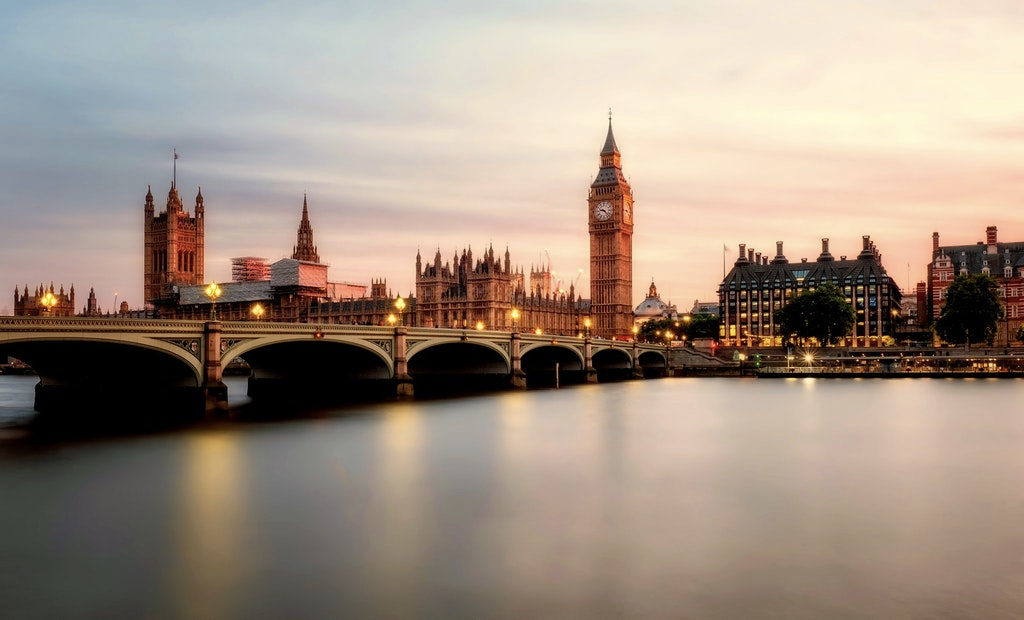Is Prince Philip’s retirement a sign of a new monarchy era?

Today it was announced that Prince Philip will be retiring from performing public duties in August. And with this, after enquiries about health and capability, comes the inevitable question of whether the Queen will follow this example. Together, the pair have attended thousands of royal engagements and been representatives at countless events, and have stood at the head of a family of royals who found and support national charities.
The Duke of Edinburgh is nearing his 96th birthday and we don’t really expect people in their 90s to still be working (though in 50 years’ time that could well be a reality). Certainly, there are perks to retirement, like spending more time with the family, visiting a far-off Island somewhere warm and being able to grow older more and more disgracefully.
Abdications in other countries such as Luxembourg and Holland, where royals have reached a respectable retirement age and decided to resign in favour of a younger king or queen, prove that Queen Elizabeth’s reign is quite significant, though of course Britain is not the only monarchy with a long-serving head of state. The Queen is still very much in the public eye, unlike the reclusive Victoria, of another lengthy reign, though both she and her husband have given over long distance appointments to younger members of the family in recent years.
There has always been speculation over whether the Queen will abdicate and any rumours or assertions have always been firmly pushed back. Elizabeth II is still of a generation where monarchs are in the job for life – that idea that it’s a God-given duty has never really faded from the minds of royals – so it comes down to the fact that Prince Philip feels he can retire whereas the Queen cannot. As she is here as a result of a frankly controversial abdication in her family history – that of Edward VIII’s in 1936 in order to wed Wallace Simpson, a state of affairs that was considered to be a constitutional crisis – it is therefore unlikely that she would feel able to give up what she believes is her responsibility, just as her father George VI did not.
But perhaps if the Duke of Edinburgh’s decision does tempt the Queen into “early” retirement speculation then falls on who is likely to be the next monarch. Charles is next in line; it’s been a long wait in which he has lived in the public eye and shown us an often entertaining but dedicated Prince of Wales. But then, again, we would have an elderly monarch who is at the age of retirement, so how soon would we be calling for Charles to also step down in favour of someone younger. For a lot of people of this generation who have grown up with William and Harry, perhaps there would be a call for a greater change.
The editorial unit

























Facebook
Twitter
Instagram
YouTube
RSS